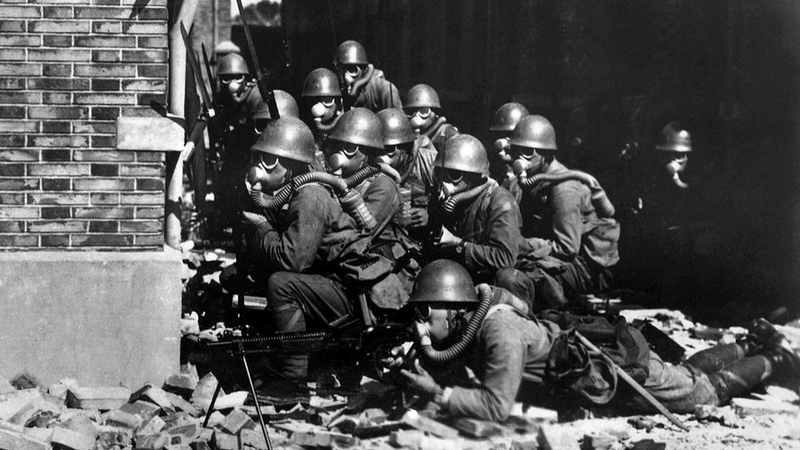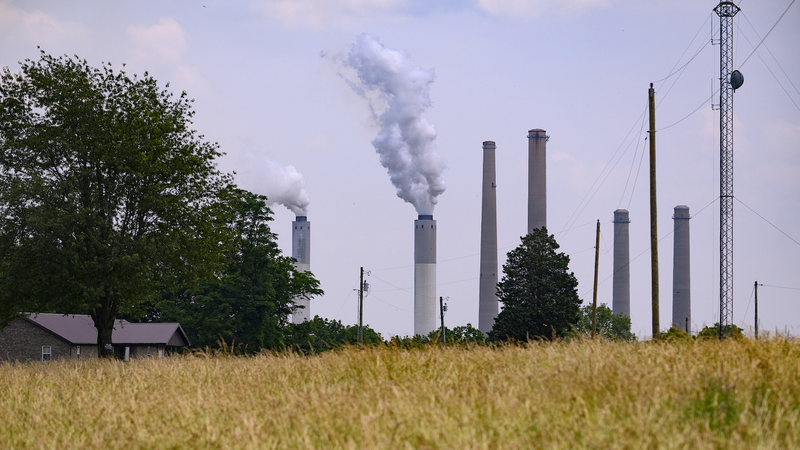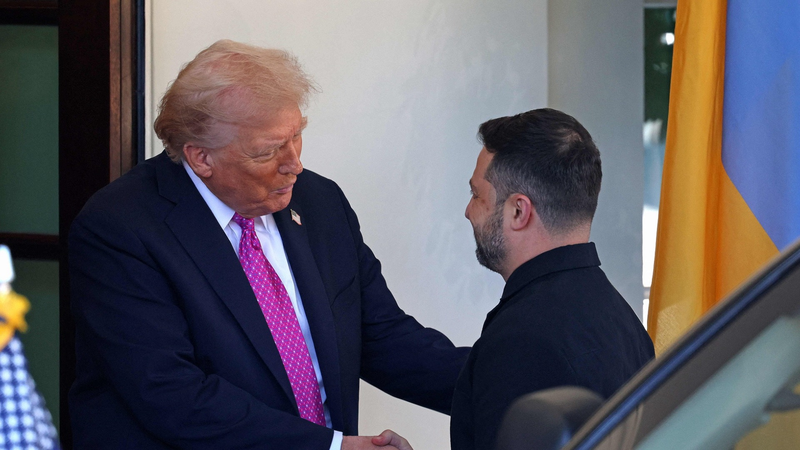On Monday, the world came together to mark a poignant milestone: the 80th anniversary of the liberation of Auschwitz. Survivors, whose numbers are dwindling, gathered alongside European leaders at the site of the infamous Nazi death camp to honor the memories and stories of those lost.
Auschwitz, symbolizing the horrors of the Holocaust, witnessed the deaths of over a million people between 1940 and 1945. The United Nations has designated its liberation day as Holocaust Remembrance Day, a somber reminder of the atrocities committed and a call to prevent history from repeating itself.
Approximately 50 survivors attended the ceremonies at Auschwitz II-Birkenau, joined by leaders like French President Emmanuel Macron, German Chancellor Olaf Scholz, and Polish President Andrzej Duda. In a powerful gesture, political figures refrained from giving speeches, choosing instead to listen to the survivors' testimonies.
\\"It's clear that this is the last milestone anniversary where we can have a group of survivors present,\\" said Pawel Sawicki, spokesperson for the Auschwitz-Birkenau Museum and Memorial. \\"We should listen to their voices, their personal stories. It's of enormous significance when we talk about how the memory of Auschwitz is shaped.\\"
The survivors shared not only their harrowing experiences but also their concerns about rising extremism and hatred in today's world. \\"It's terrifying,\\" said 92-year-old survivor Eva Szepesi in an interview. \\"That's why we have to do something about it in the very beginning.\\"
Recent events have amplified these concerns. On Saturday, billionaire Elon Musk addressed supporters of Germany's Alternative fuer Deutschland (AfD), a party whose platform includes downplaying historical guilt for the Holocaust. \\"Children should not be guilty of the sins of their parents, let alone their great-grandparents,\\" Musk stated.
German Chancellor Scholz responded by warning that such support \\"endangers\\" European democracy. Polish Prime Minister Donald Tusk found Musk's speech ominous, especially so close to the Auschwitz anniversary. \\"The words we heard about 'Great Germany' and 'the need to forget German guilt for Nazi crimes' sounded all too familiar,\\" Tusk remarked.
These incidents highlight a worrying trend of rising extremism worldwide. From the attack on the U.S. Capitol in January 2021 to increasing hate crimes in various countries, there's a growing need for vigilance. The United Nations has called for global action, with the Security Council adopting Resolution 2686 to condemn hate speech, racism, and acts of extremism.
As survivors' voices fade with time, their message grows ever more crucial. The world must remember the lessons of the past to ensure a brighter, more tolerant future. 🌟
Reference(s):
cgtn.com




